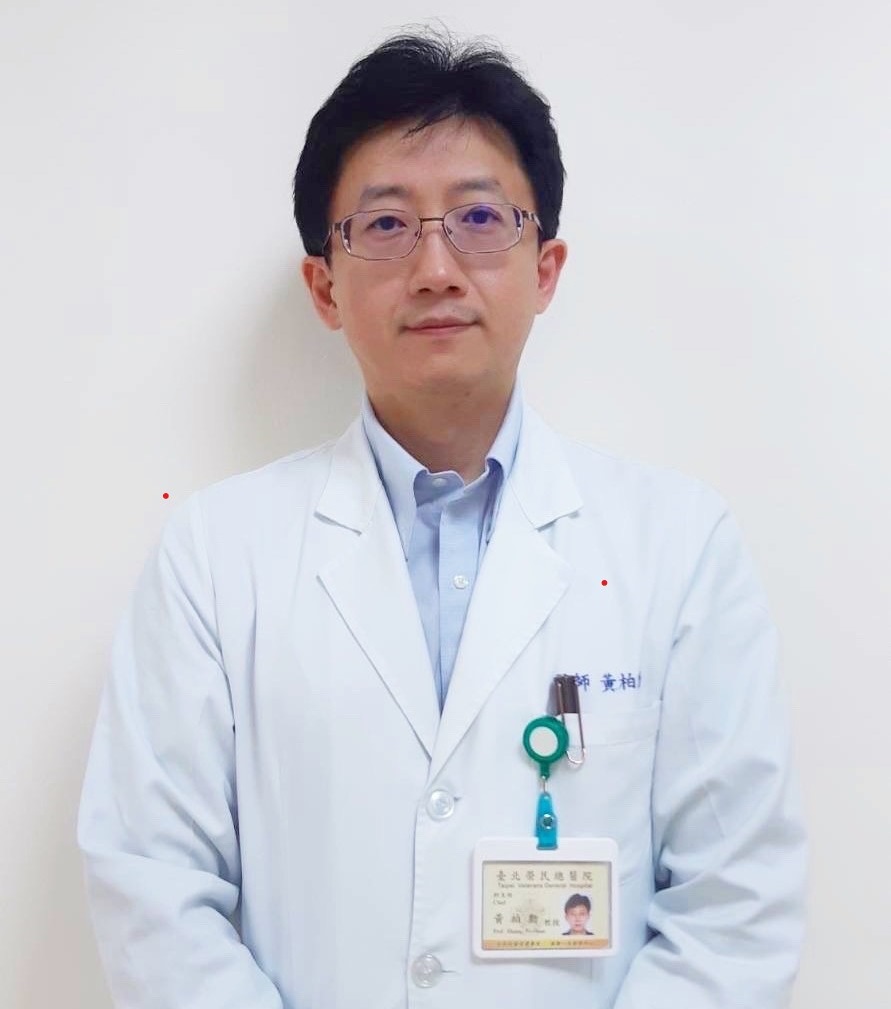- Lectures
- Institute of Biomedical Sciences
- Location
B1B Lecture Room, IBMS
- Speaker Name
Dr. Po-Hsun Huang (Taipei Veterans General Hospital)
- State
Definitive
- Url
Angiogenesis, defined as sprouting blood vessels from preexisting vascular structures, is a physiological response to ischemia but often fails to produce sufficient collateral flow to rescue ischemic organs. Patients with diabetes or end-stage renal disease, unlike healthy conditions, fail to develop collateral circulation after tissue ischemia and appear to be refractory to repeated vascular interventions or medical treatment. The last decade has shown considerable interest in regenerative biology, with particular emphasis on using isolated or purified stem and progenitor cells to restore structure and function to damaged organs. Circulating endothelial progenitor cells (EPC) were first discovered in 1997 by Dr. Asahara et al. who identified in the adult human peripheral blood a population of CD34 or kinase insert domain receptor (KDR)-positive cells and have been identified as a potential cell source that contributes to neovascularization via postnatal vasculogenesis. This notion challenged the previous concept that de novo formation of new blood vessels occurs only in the yolk sac mesoderm during embryonic development. Clinical and basic studies have provided new evidence that the injured endothelial monolayer is regenerated by circulating EPCs and participates in ischemia-related angiogenesis. A better understanding of the relationship between EPCs and neovascularization and how EPCs could treat ischemia-related cardiovascular disease would provide additional insight into the pathogenesis of cardiovascular diseases and create novel therapeutic strategies.









 Home
Home

